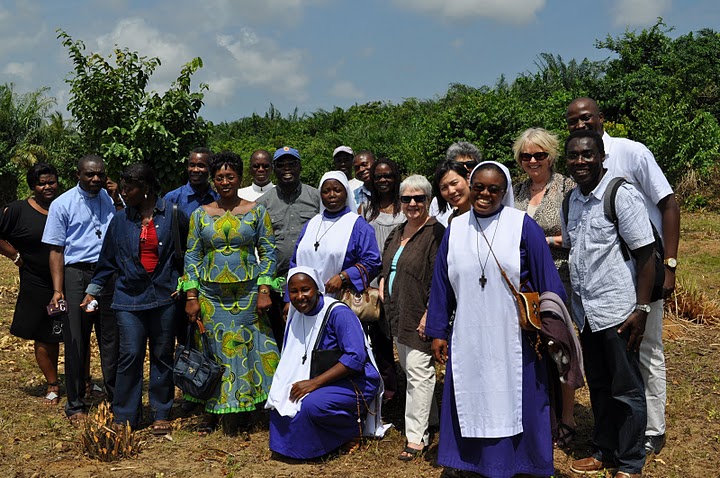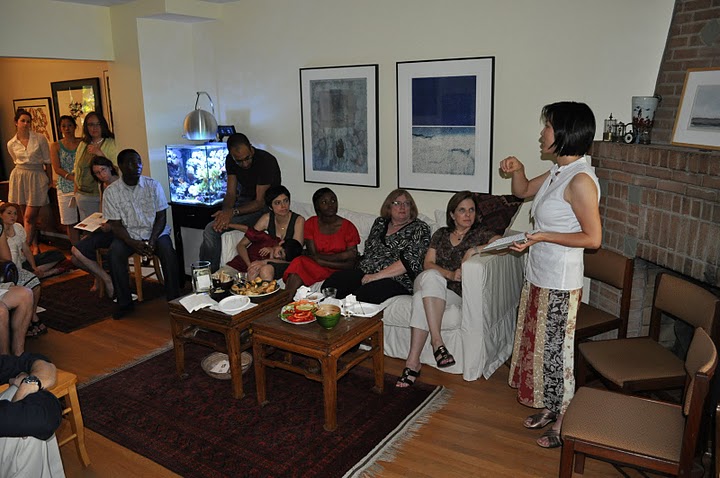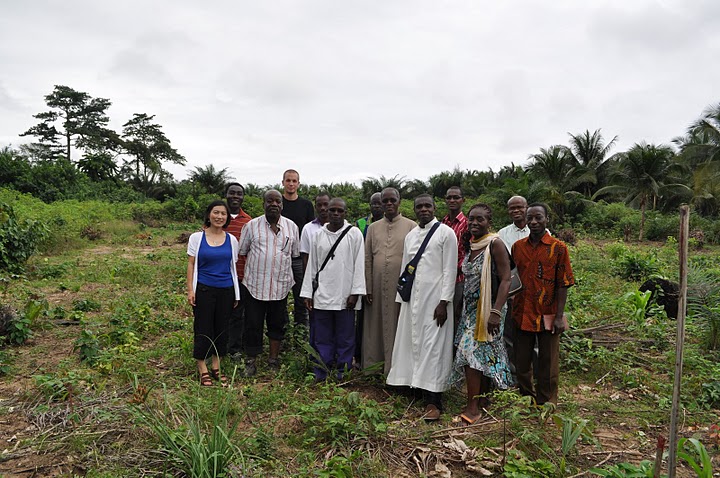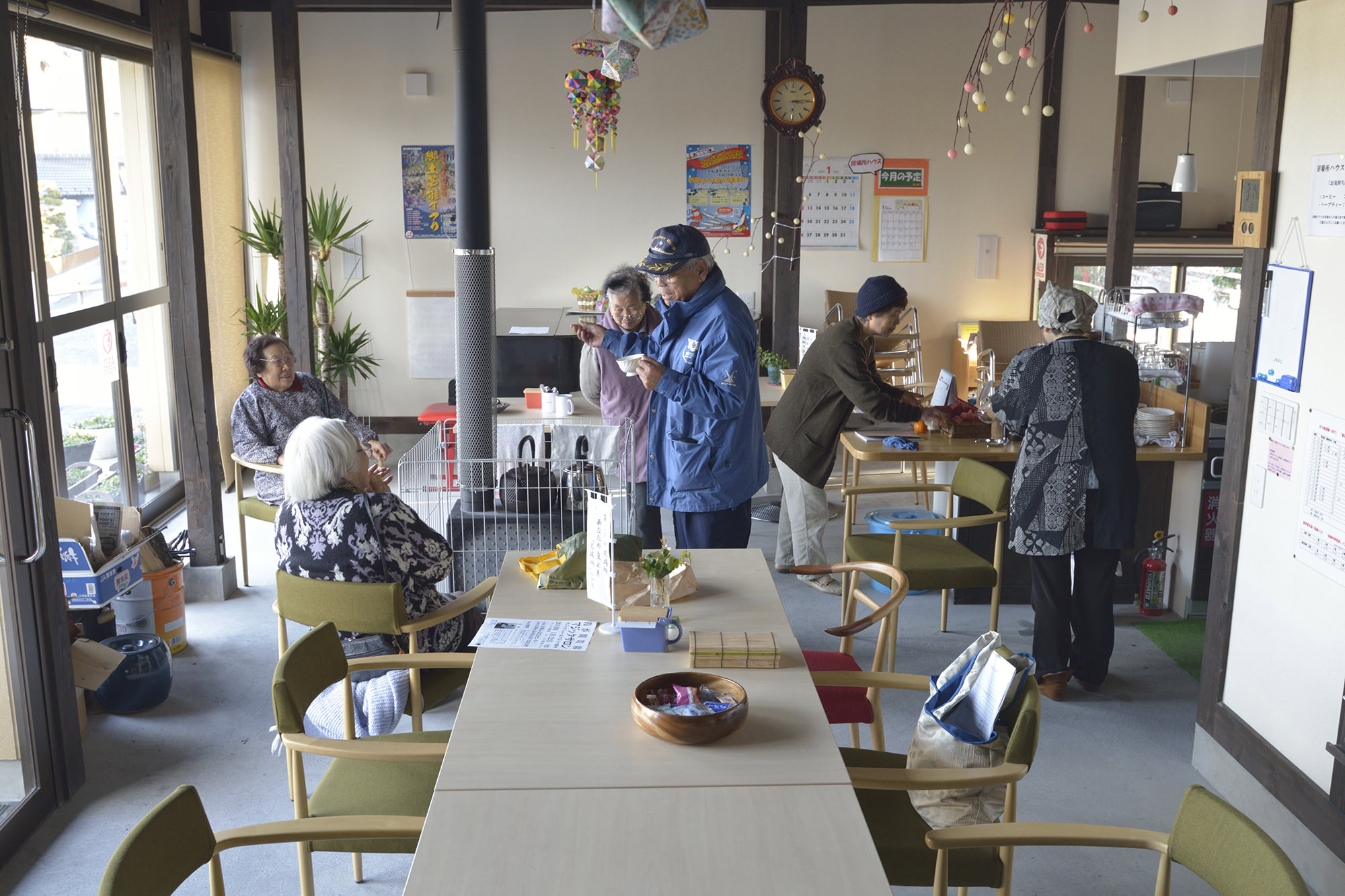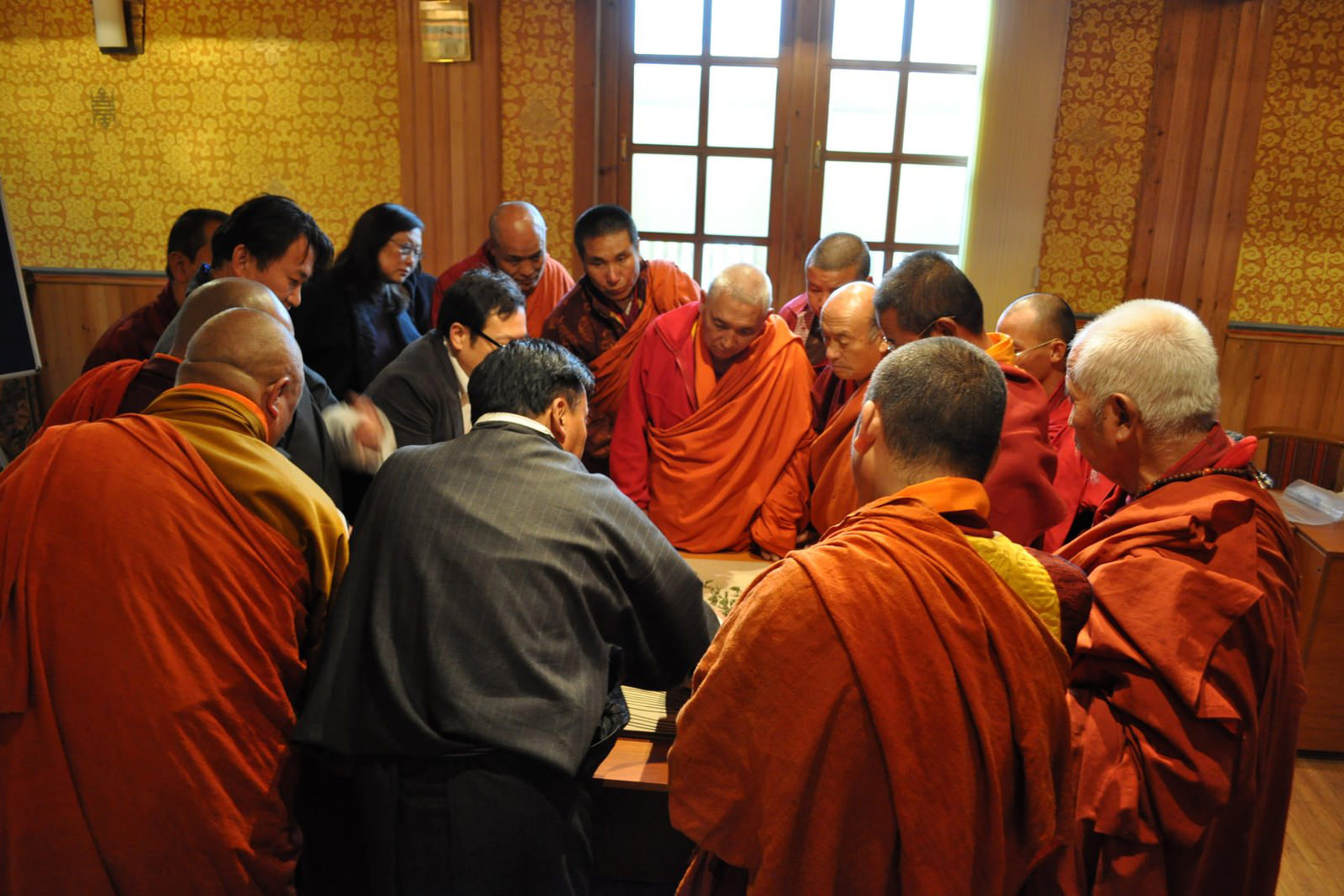The Ibasho team and our local partner in Ivory Coast strongly believe that we can create a multi-generational community where elders are valued as a vital asset in sustaining the social and cultural heritage of the community/village.We also believe that this is the right thing to do for elders.
In order to make our vision into reality, we are suggesting that elders should have opportunities to teach at the school, educate local villagers about public health and environmental stewardship at the clinic and community center, work at the library, be a mentor for orphans, and stay involved in other functions that normal communities offer to elders in the Ivory Coast. We strongly believe that integrating these functions into our project is so important, because this is how elders in Ivory Coast would want to age. (This is also the type of community where I would like to be able to age….)
Visiting various countries in various continents and talking with elders, I found that social isolation and losing respect from others appeared to be the most critical fear that elders are afraid of. These seem to be universal human needs throughout the globe.
When I present our Ivory Coast project to audiences in developed countries, I am often told: “Your idea is great, but it cannot be applicable in our society. This can be done only in Africa, because they do not have regulations to worry about. Also, it does not cost much to build there.”
I understand where these comment come from, but I wonder: If African society can do it, why can’t we? Don’t we spend much more for effective elder care environments and policies and regulations than Africa?
Whenever I hear about this type of comment about the Ivory Coast project, I cannot stop pondering: Are people using the regulations and cost issues as excuses to defend our current system? Am I simply naive to think that the ideas behind the Ivory Coast project can be applicable not only in developing but also developed parts of the world?


